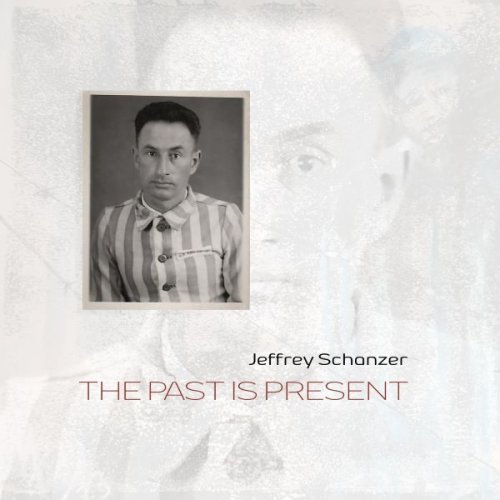Venezuelan Philharmonic Orchestra - Gregson: Tuba Concerto - Strauss: Ein Heldenleben, Op. 40, TrV 190 (Live) (2020)
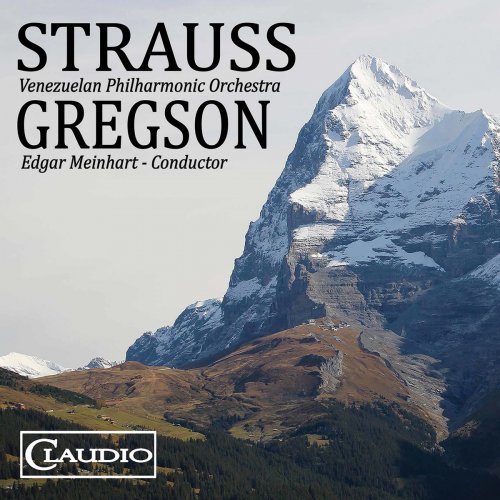
Artist: Venezuelan Philharmonic Orchestra
Title: Gregson: Tuba Concerto - Strauss: Ein Heldenleben, Op. 40, TrV 190 (Live)
Year Of Release: 2020
Label: Claudio Records
Genre: Classical
Quality: FLAC (tracks+booklet)
Total Time: 68:00 min
Total Size: 317 MB
WebSite: Album Preview
Tracklist:Title: Gregson: Tuba Concerto - Strauss: Ein Heldenleben, Op. 40, TrV 190 (Live)
Year Of Release: 2020
Label: Claudio Records
Genre: Classical
Quality: FLAC (tracks+booklet)
Total Time: 68:00 min
Total Size: 317 MB
WebSite: Album Preview
01. Tuba Concerto (Version for Tuba & Orchestra): I. Allegro deciso [Live]
02. Tuba Concerto (Version for Tuba & Orchestra): II. Lento e mesto [Live]
03. Tuba Concerto (Version for Tuba & Orchestra): III. Allegro giocoso [Live]
04. Ein Heldenleben, Op. 40, TrV 190 (Live)
The decision to market these performances on CD in the year 2019 seems somewhat odd. While we are, of course, used to the re-release of classic performances of the past, neither this Heldenleben nor the accompanying Gregson tuba concerto merits that elevated status. Moreover, even the 21st century remastering that has been employed on this CD can presumably only achieve so much when applied to original recordings made more than thirty years ago and in the less than optimal circumstances of a live concert.
Of course, some older recordings are re-released, quite regardless of performance quality or sound, when the primary aim is to commemorate great artists. In this case, however, the musicians are less great than, it would seem, greatly forgotten. Googling Venezuelan Philharmonic Orchestra produces online references only to the Venezuelan Symphony Orchestra or, somewhat bizarrely, to Gustavo Dudamel. Similarly, the search engine doesn’t seem to recognise any conductor named Edgar Meinhardt, while his omission from the several thousand entries in John L. Holmes’ exhaustive study of Conductors on Record (London, 1982), published just a few years before this concert was recorded, suggests that neither can he have been a familiar face in the recording studio. Still, at least Mr Meinhardt gets his own name-check. Utterly unforgivably, the tuba concerto’s soloist remains completely unidentified, at least in this CD’s documentation, even though I imagine that, had the effort been made, a polite request to the Queen Elizabeth Hall’s archivist might have extracted the appropriate information. Given that major omission, it hardly comes as a surprise that the name of the solo violinist who portrays “The hero’s companion” in Ein Heldenleben quite competently, if without much individual characterisation, also goes un-noted.
Obscure or unknown performers aside, may the Claudio Archive have uncovered here a couple of hitherto unappreciated musical gems? Sadly, I think not. In a highly competitive field, this account of Ein Heldenleben makes no particular or individual impact at all. While Edgar Meinhardt seems to have a secure grasp of the work’s structure, his is in no way an interpretation of any great distinction. He is, moreover, let down at times by the orchestra. Somewhat undernourished strings are bad enough in this repertoire, but the real problems arise from a brass section that from time to time produces some wincingly sour notes.
Matters are redeemed somewhat, however, by the inclusion of Edward Gregson’s rarely encountered tuba concerto. Originally written in versions for both brass band and orchestra in 1976, it reappeared in a revised orchestral version two years later and that is what we have here. Kevin Wood’s booklet notes claim that it “challenges the usual stodgy notion of music for this instrument” and the anonymous but clearly accomplished soloist certainly delivers the piece with some vivacity and musical wit. The prolific Gregson has been described by Robert Matthew-Walker as “one of the most significant British composers currently active in this country” (see www.edwardgregson.com) and I was pleased that this disc allowed me to make the acquaintance of one of his many concertos.
It goes without saying, though, that good CD booklet notes are of the greatest use when encountering such less than familiar music. Unfortunately, on this occasion the documentation falls short when we find that less space is allocated specifically to the Gregson concerto than to the history and development of its solo instrument - interesting though that may be to those of us whose knowledge of the instrument has never progressed much beyond Danny Kaye and Tubby the Tuba. While the Strauss tone poem will probably, on the other hand, already be well-known to many listeners, anyone coming to it for the first time will be left pretty well in the dark, as the essay concentrates almost exclusively and irrelevantly on Strauss’s troubled relationship with the Nazi government of Germany in the 1930s and 1940s.
As mentioned earlier, the original performances heard on this disc were recorded more than three decades ago and under less than ideal conditions. This CD proclaims, however, that the material has been “HD mastered” and lists on its rear cover a whole battery of recording and monitoring equipment presumably utilised in that process. The disc’s clear, bright and generally pleasing sound quality presumably testifies to the engineers’ success, especially in Strauss’s densely-scored tone poem which benefits from all the sonic transparency it can get. I am, though, obliged to wonder whether the effort involved in restoring these performances to circulation was actually justified for, apart from appreciating the opportunity to sample the rarely heard concerto, I strongly suspect that many listeners’ final thoughts will centre on a familiar adage concerning silk purses and sows’ ears.
Rob Maynard
Of course, some older recordings are re-released, quite regardless of performance quality or sound, when the primary aim is to commemorate great artists. In this case, however, the musicians are less great than, it would seem, greatly forgotten. Googling Venezuelan Philharmonic Orchestra produces online references only to the Venezuelan Symphony Orchestra or, somewhat bizarrely, to Gustavo Dudamel. Similarly, the search engine doesn’t seem to recognise any conductor named Edgar Meinhardt, while his omission from the several thousand entries in John L. Holmes’ exhaustive study of Conductors on Record (London, 1982), published just a few years before this concert was recorded, suggests that neither can he have been a familiar face in the recording studio. Still, at least Mr Meinhardt gets his own name-check. Utterly unforgivably, the tuba concerto’s soloist remains completely unidentified, at least in this CD’s documentation, even though I imagine that, had the effort been made, a polite request to the Queen Elizabeth Hall’s archivist might have extracted the appropriate information. Given that major omission, it hardly comes as a surprise that the name of the solo violinist who portrays “The hero’s companion” in Ein Heldenleben quite competently, if without much individual characterisation, also goes un-noted.
Obscure or unknown performers aside, may the Claudio Archive have uncovered here a couple of hitherto unappreciated musical gems? Sadly, I think not. In a highly competitive field, this account of Ein Heldenleben makes no particular or individual impact at all. While Edgar Meinhardt seems to have a secure grasp of the work’s structure, his is in no way an interpretation of any great distinction. He is, moreover, let down at times by the orchestra. Somewhat undernourished strings are bad enough in this repertoire, but the real problems arise from a brass section that from time to time produces some wincingly sour notes.
Matters are redeemed somewhat, however, by the inclusion of Edward Gregson’s rarely encountered tuba concerto. Originally written in versions for both brass band and orchestra in 1976, it reappeared in a revised orchestral version two years later and that is what we have here. Kevin Wood’s booklet notes claim that it “challenges the usual stodgy notion of music for this instrument” and the anonymous but clearly accomplished soloist certainly delivers the piece with some vivacity and musical wit. The prolific Gregson has been described by Robert Matthew-Walker as “one of the most significant British composers currently active in this country” (see www.edwardgregson.com) and I was pleased that this disc allowed me to make the acquaintance of one of his many concertos.
It goes without saying, though, that good CD booklet notes are of the greatest use when encountering such less than familiar music. Unfortunately, on this occasion the documentation falls short when we find that less space is allocated specifically to the Gregson concerto than to the history and development of its solo instrument - interesting though that may be to those of us whose knowledge of the instrument has never progressed much beyond Danny Kaye and Tubby the Tuba. While the Strauss tone poem will probably, on the other hand, already be well-known to many listeners, anyone coming to it for the first time will be left pretty well in the dark, as the essay concentrates almost exclusively and irrelevantly on Strauss’s troubled relationship with the Nazi government of Germany in the 1930s and 1940s.
As mentioned earlier, the original performances heard on this disc were recorded more than three decades ago and under less than ideal conditions. This CD proclaims, however, that the material has been “HD mastered” and lists on its rear cover a whole battery of recording and monitoring equipment presumably utilised in that process. The disc’s clear, bright and generally pleasing sound quality presumably testifies to the engineers’ success, especially in Strauss’s densely-scored tone poem which benefits from all the sonic transparency it can get. I am, though, obliged to wonder whether the effort involved in restoring these performances to circulation was actually justified for, apart from appreciating the opportunity to sample the rarely heard concerto, I strongly suspect that many listeners’ final thoughts will centre on a familiar adage concerning silk purses and sows’ ears.
Rob Maynard
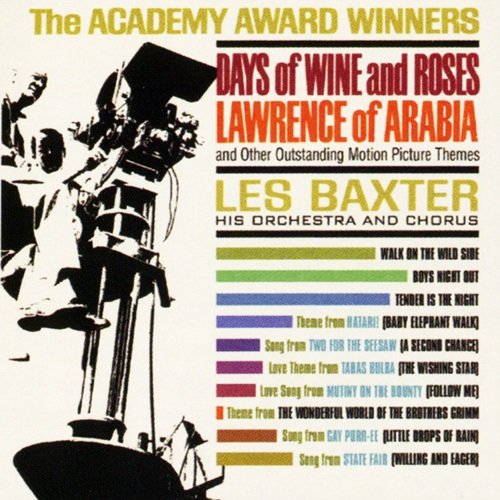
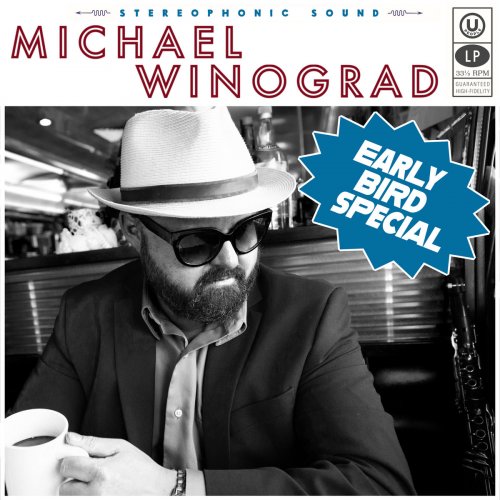
![Don Cherry, Dewey Redman, Charlie Haden & Ed Blackwell - Old And New Dreams (1979/2025) [Hi-Res] Don Cherry, Dewey Redman, Charlie Haden & Ed Blackwell - Old And New Dreams (1979/2025) [Hi-Res]](https://www.dibpic.com/uploads/posts/2025-12/1766322079_cover.jpg)
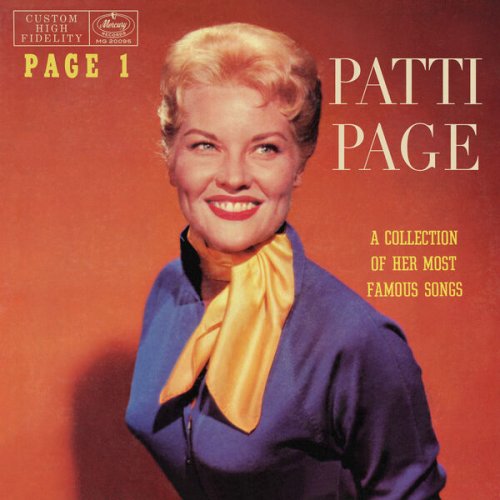
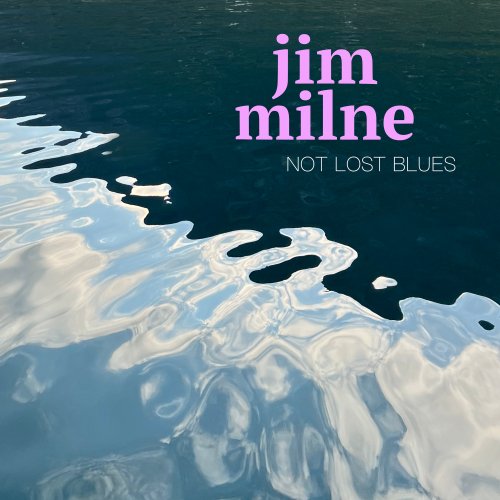
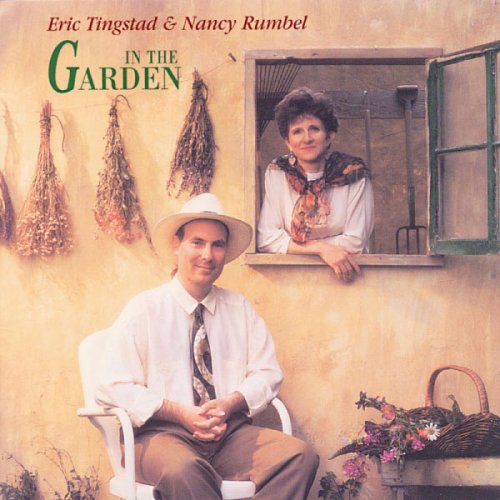
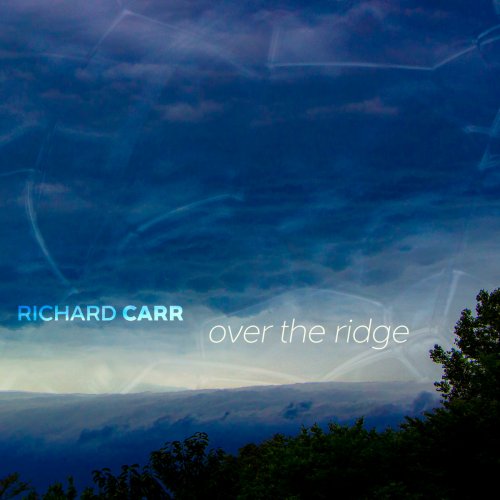
![Mariano Otero - Danza (2018) [Hi-Res] Mariano Otero - Danza (2018) [Hi-Res]](https://www.dibpic.com/uploads/posts/2025-12/1766495996_t41dgnjj3d1sb_600.jpg)
